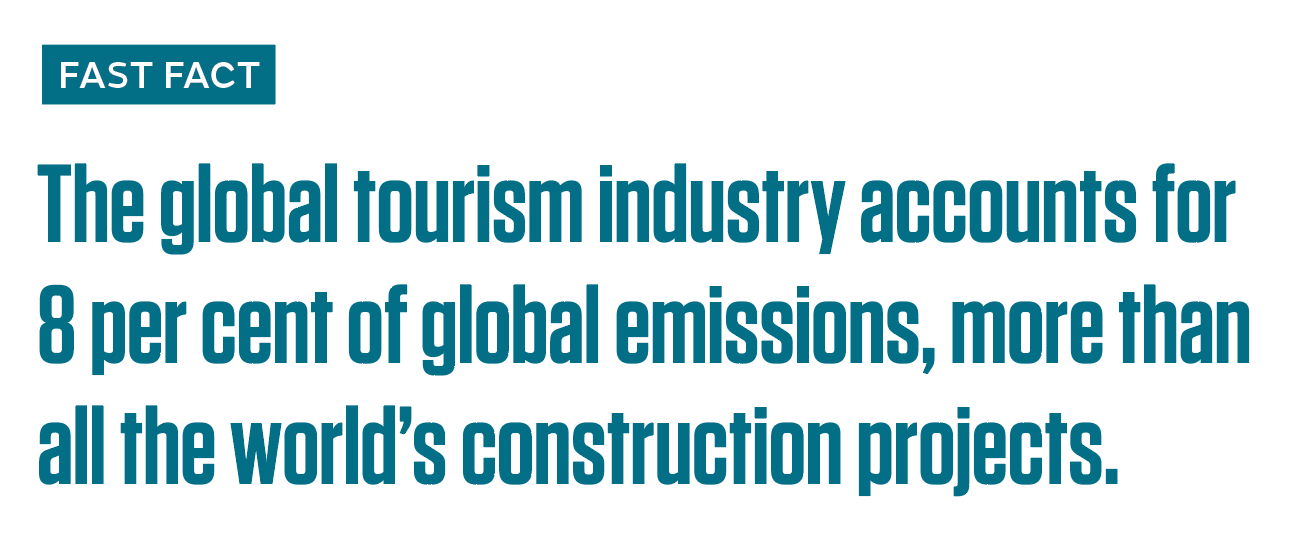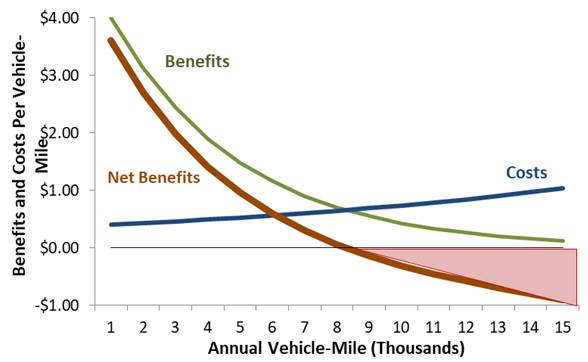
The Future of Air Travel: Sustainable Innovations and Challenges
In the year 2032, athletes participating in the Brisbane Olympics may find themselves in a race against time to reach their events. However, thanks to the South East Queensland Council of Mayors, a solution is in the works. Just moments away from the Olympic Village, a helipad-like area will be equipped with small electric aircraft that can transport athletes to the track in minutes. What sets these aircraft apart is that they are driverless, revolutionizing the concept of air taxis.
But it’s not just the athletes who will benefit from sustainable air travel innovations. In the Northern Territory, Air Services plans to use battery-powered charter planes to ferry tourists between Darwin and Uluru. Meanwhile, Sydney Seaplanes aims to introduce the nation’s first fully electric fleet, providing passengers with a silent and eco-friendly experience over the city’s shimmering harbor.
The push for sustainable aviation comes as airlines face increasing pressure to reduce their carbon footprint. Currently, aviation accounts for 2.5% of global CO2 emissions and contributes to 5% of global warming. The industry’s carbon emissions have risen by 75% between 1990 and 2012, reaching a staggering one billion tonnes in 2018.
Offsetting carbon emissions has been a popular strategy for airlines, with many pledging to invest in renewable energy projects or tree-planting initiatives. However, studies have shown that most offset schemes used by airlines are unreliable and ineffective. Merely planting trees cannot be a long-term solution, as it does not address the need for emission reduction.
While biofuels and energy-efficient planes have been introduced, the aviation industry still faces challenges in achieving true sustainability. Flights produce more CO2 per kilometer than any other form of transport, making it crucial to explore alternative fuel sources.
The Road to Net Zero: Challenges and Innovations
Several countries have set ambitious targets to achieve net-zero emissions in aviation. Sweden aims to have all domestic flights powered by fossil fuel-free sources by 2030, while the UK plans to achieve the same for international routes by 2045. These plans rely on hydrogen, electrification, and biofuels with significantly reduced emissions.
However, the use of hydrogen as a fuel for long-haul flights faces technical hurdles and may not be viable for several decades. Aircraft manufacturers like Airbus and Boeing are investing in research to develop zero-emission commercial jets using hydrogen propulsion or fuel efficiencies. Rolls-Royce has also made progress in creating an all-electric aircraft and exploring hydrogen engines.
Despite these advancements, sustainable air travel is still a long way off. Governments need to provide stronger leadership and strategic frameworks to reduce emissions effectively. Biofuels, while a temporary solution, cannot fully address the carbon emissions challenge due to limited supply.
How Can Passengers Make a Difference?
While the industry works towards sustainable solutions, passengers can also contribute to reducing their carbon footprint during air travel:
- Fly direct: Limit stopovers to minimize fuel consumption during take-off and landing.
- Choose offsets wisely: Research carbon-offset schemes that invest in renewable energy projects rather than relying solely on tree-planting initiatives.
- Find low-emissions airlines: Consider airlines that prioritize fuel efficiency, such as LATAM Airlines, Air France, and TUI Airways.
- Opt for economy class: Business class flights have a higher carbon footprint, so choose economy class whenever possible.
- Avoid night flights: Contrails left by aircraft contribute more to global warming during dark hours, so opt for daytime flights when feasible.
While the journey towards sustainable air travel may be challenging, urgent action and policy support at both national and international levels are essential for meaningful progress. The aviation industry must transition away from carbon-based fuels and explore innovative solutions to achieve true sustainability.
Author’s Quote: “We need a complete transition away from fossil- and carbon-based fuel, which will require a transformation in how the industry operates.”
Author’s Conclusion: Sustainable air travel requires a comprehensive approach that goes beyond offsetting emissions. The industry must invest in sustainable fuels and technologies while governments provide strong leadership and strategic frameworks. Urgency is key to achieving a truly sustainable future for air travel.

George Barham, an accomplished journalist and avid gambling enthusiast, serves as the esteemed Editor-in-Chief at fly-to-australia.com, Australia’s leading source for comprehensive gambling news and insights. With an unwavering passion for both the written word and the ever-evolving world of betting and gaming, George brings a wealth of knowledge and expertise to the helm of our editorial team.



